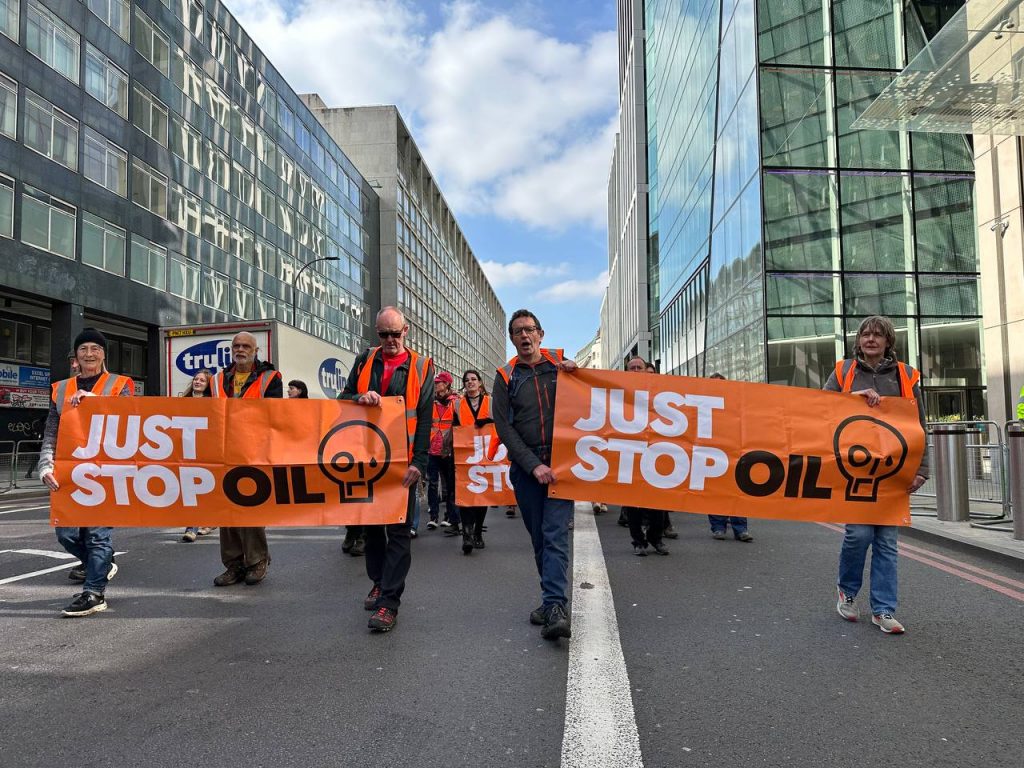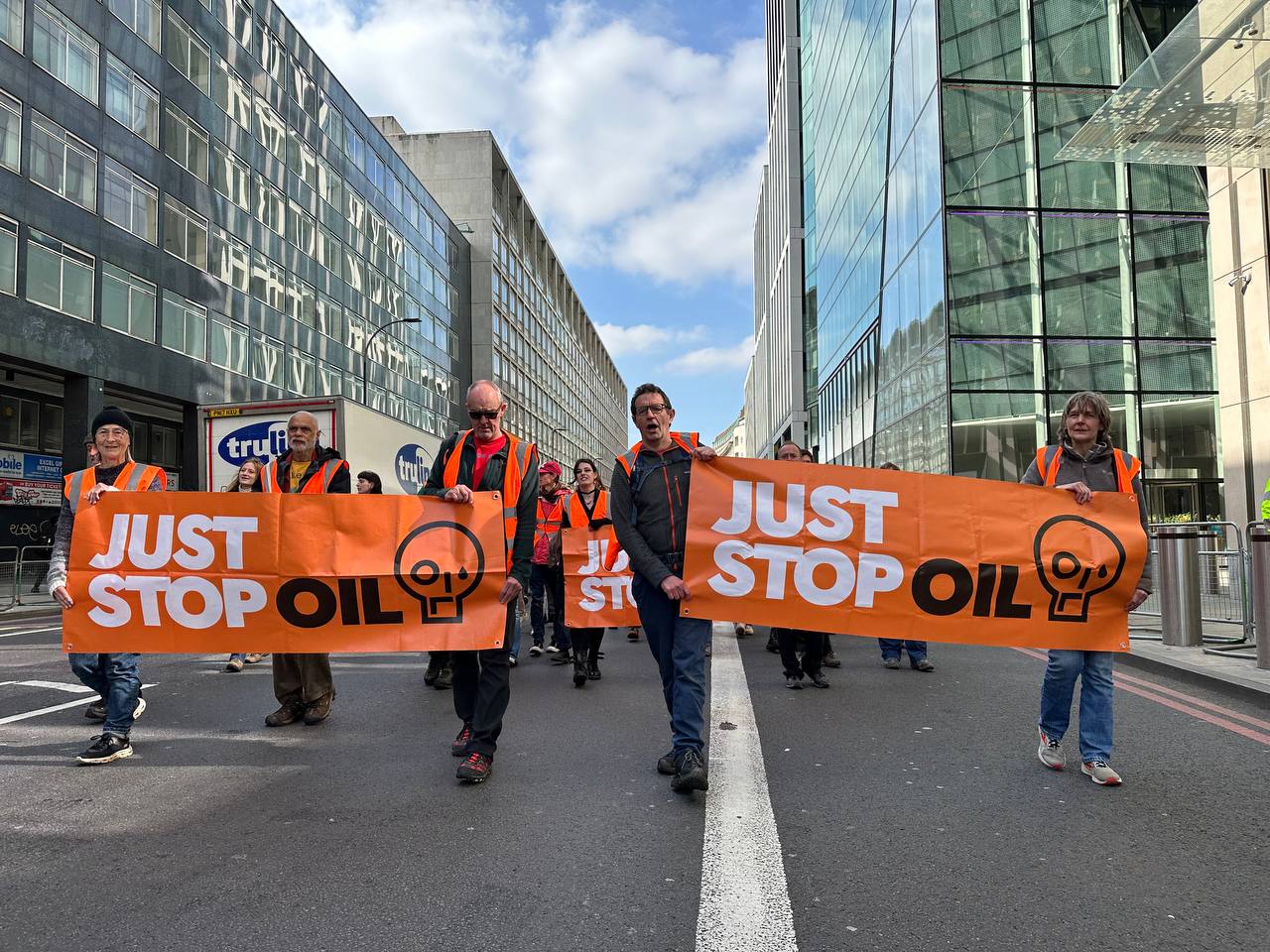A long-awaited report on political violence and extremism containing recommendations for policing protests has been damned as ‘extraordinarily dangerous, draconian, and undemocratic’.
The report by the former Labour MP, John Woodcock, now Lord Walney, was commissioned by the government in 2019 and argues that protesters too often engage in ‘political intimidation and the incitement of hatred’. The report entitled ‘Protecting our Democracy from Coercion’ emphasises that the general public should ‘not accept violence and mass disruption as legitimate tactics, regardless of the cause’, and criticises public authorities for being ‘insufficiently robust’ in responding to demonstrations. It specifically targets what the report describes as a ‘broad far-left subculture’, commonly associated with environmental campaigns, anti-racism and anti-Israel activism, alleging that these movements promote ‘favourable views’ towards anti-capitalist, anarchist and anti-establishment ideologies. Secretary of State for Communities, Michael Gove, hailed the report as ‘brilliant’.
Joanna Cherry MP, the SNP chair of the Joint Committee on Human Rights, called it ‘too draconian’, stressing that public authorities, including the government and the police, have a ‘positive obligation’ to facilitate peaceful protest, not a ‘negative obligation’ to interfere with freedoms of expression and assembly.
Unsurprisingly, campaign groups have been damning and point to Woodcock’s work lobbying for the arms industry and fossil fuels. Just Stop Oil, a climate campaign group cited in the report, announced that it ‘does not recognise the legitimacy’ of the findings and Areeba Hamid, co-director of Greenpeace, warned that implementing the report’s recommendations would be a ‘sure-fire way to weaken British democracy’ and bring the country closer to a ‘police state’. One commentator contended that requiring organisers of protests to pay for policing as recommended had the potential to create a ‘class system’ for protest groups, effectively pricing out smaller, grass-root campaigns.
The report makes 41 recommendations including measures to give police greater discretion to prohibit protests, enhance surveillance of proscribed organisations, and facilitate more prosecutions related to certain statements, chants, and symbols. It also suggests compensating those affected by protests, requiring protestors to contribute to policing costs, and creating buffer zones around targeted infrastructure such as that belonging to defence manufacturers and energy providers, as well as MPs’ offices and council chambers. Within the courts, the report calls for a wholesale review of judges and jurors, assessing whether any exhibit leniency towards protestors supportive of ‘progressive’ causes like climate change and anti-racism.








